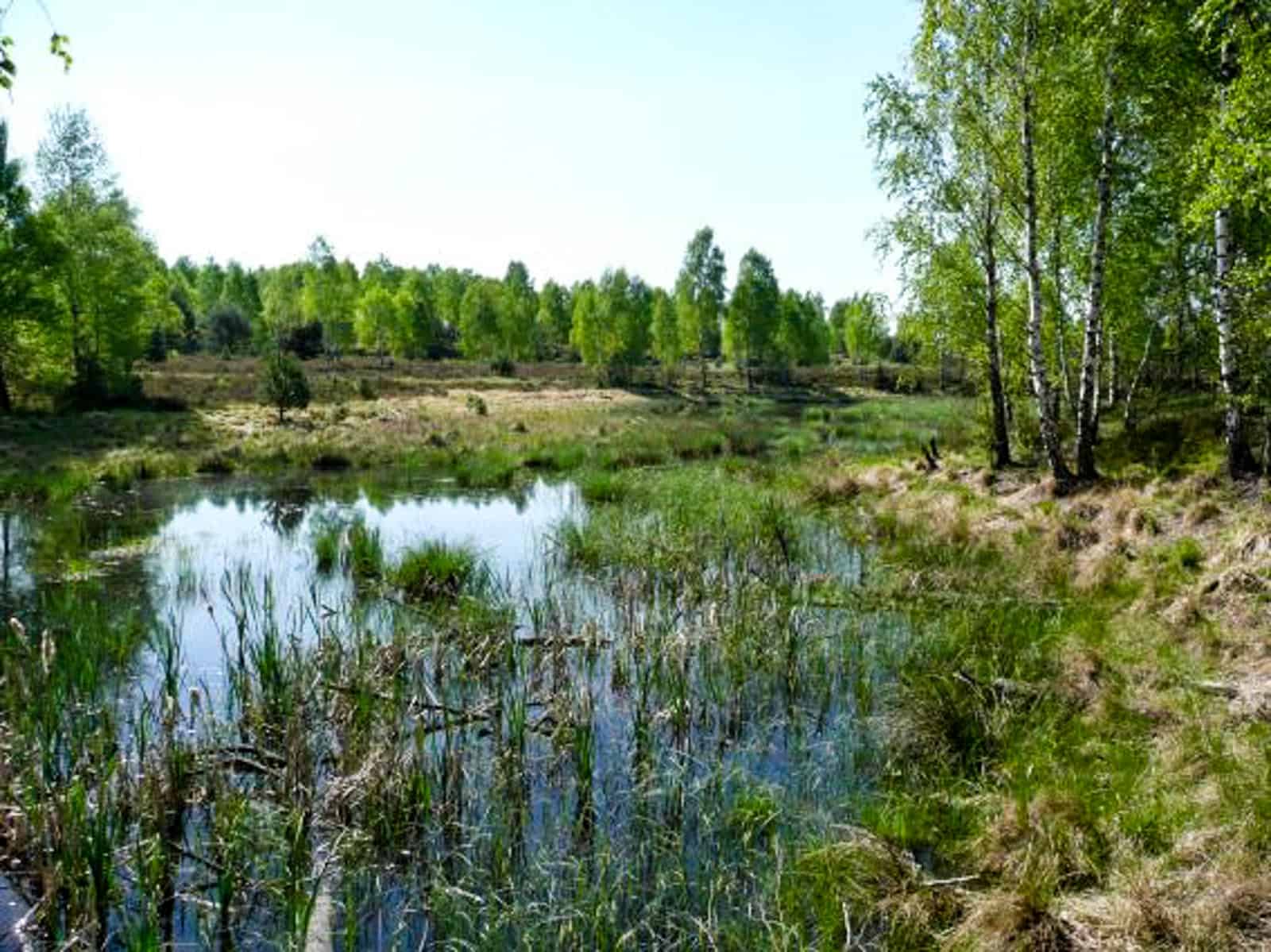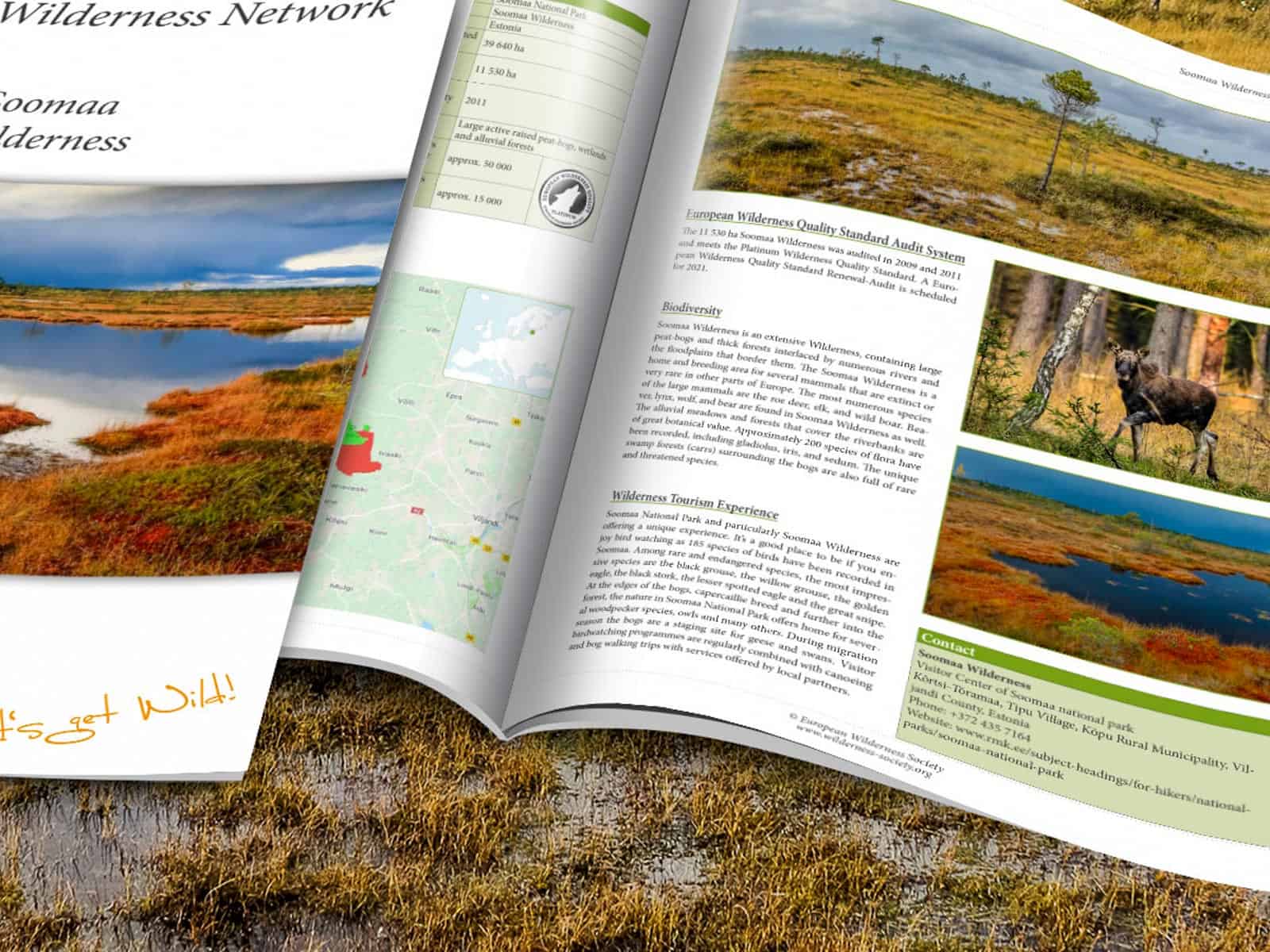Exploring the potential of Wilderness in France
Several months ago, the French President Macron announced to commit 10% of France to full naturalness. This important commitment paves the way for protected areas on land and sea without human interference. As a result, the potential for Wilderness according to the European definition is growing in France. The strictly protected integral reserve of the Lauvitel in National Park des Écrins is an area that has caught our eye especially. This area of nearly 700 hectares has been a ‘no-go’ zone since 1995, only allowing a handful of researchers on annual basis to monitor natural developments. Furthermore, the area passed the IUCN 1a Strict Nature Reserve assessment back in 2012. Areas that pass the IUCN 1b assessment meet the Wilderness criteria of IUCN as well.
Please also read: Full naturalness – Wilderness on the French political agenda
The inaccessible Lauvitel valley
Geographically, the Lauvitel valley provides a great opportunity to allow nature to develop as self-willed land, without access for humans. The steep rugged mountain slopes form a natural barrier on three sides of the valley. The lack of hiking trails makes it basically impossible to enter the valley over land. On the other side lies the Lauvitel lake, closing off the valley completely.
The Lauvitel lake itself is a popular spot, visited by many tourists in the summer season. On the banks of the lake, it grants the visitors a glance into the no-go zone. The hiking trails up to the lake continue up and over the mountain sides, without entering the integral reserve.
Monitoring natural dynamics
As the National Park states, the Lauvitel valley has the purpose to monitor the natural dynamics of ecosystems that are are practically without human interference. Strict regulations ensure that the only humans visiting the area conduct scientific research without significant impact on the natural environment. Studies focus for example on general inventories of biodiversity, biological monitoring of wildlife species, environmental changes, and physiological analyses.
A first glance
The current restriction due to the Corona pandemic prevent our Wilderness experts to visit the potential Wilderness area ourselves. Fortunately, there are Wilderness Advocates all around the world that are happy to support us. We have received a series of photos that provide a good impression of the Lauvitel valley from the side of the lake that is accessible. Combined with the documents and maps we have already collected as part of the preparatory desk study, it is clear that there is a great potential for the Lauvitel valley to become a certified Wilderness and join the European Wilderness Network.



















It would be nice to visit this area but I can understand the thinking behind keeping people out.